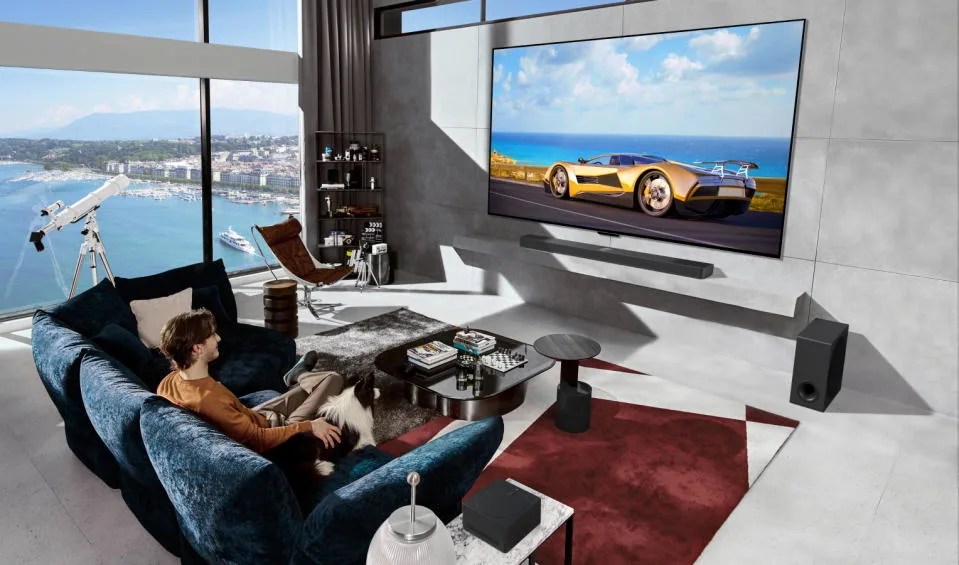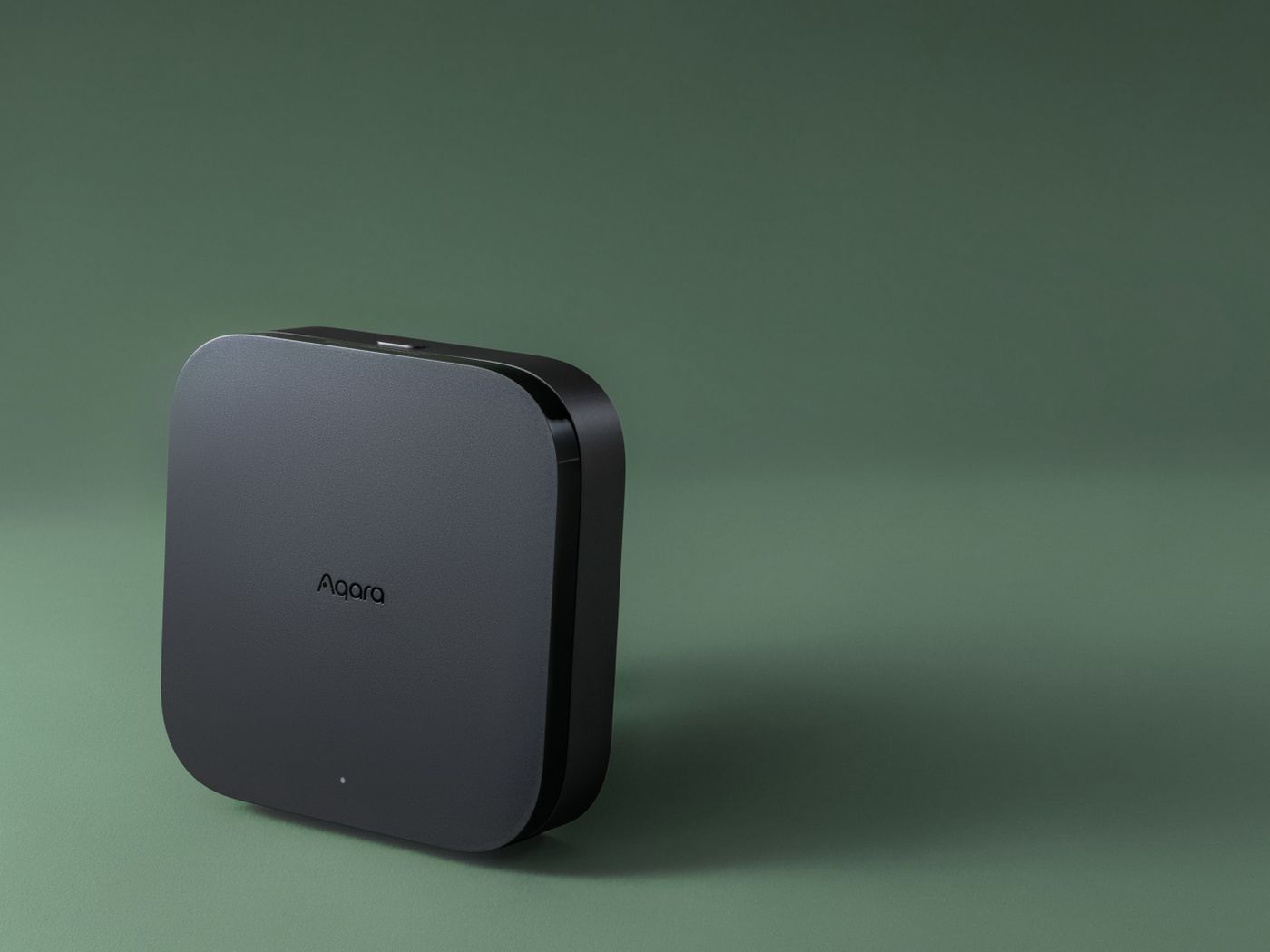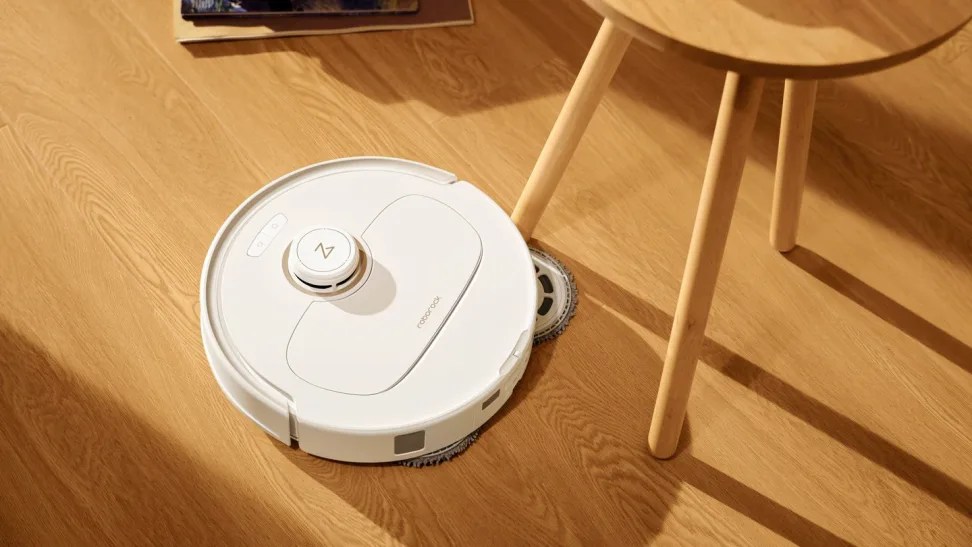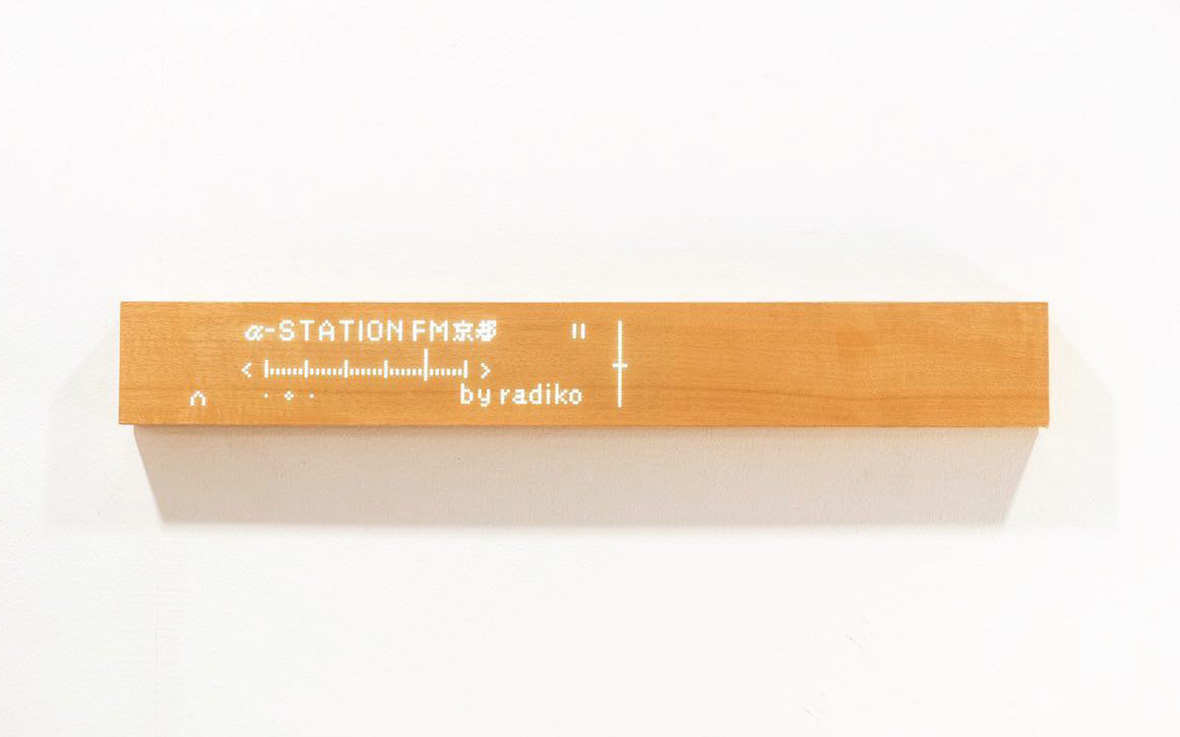For years, a coalition of companies, including Google, Amazon and Apple — the Connectivity Standards Alliance — has been trying to get Matter, the smart home networking protocol, off the ground. Unlike many of the standards that came before it (e.g. Zigbee, Z-Wave), Matter doesn’t require a proprietary hub and runs locally, making it more robust to interruptions like power and internet outages.
But it’s been rough going.
Matter has fallen well short of promises so far, suffering from poor implementation and significant backpedaling. The initial version, released in 2022, didn’t even support robot vacuum cleaners. And major features like multi-admin, which in theory allows Matter devices to work with every smart home platform simultaneously, remain broken pending future standards patches.
The setbacks haven’t dissuaded Matter’s backers from forging ahead, however — as evidenced by the announcements at CES 2024 in Las Vegas, which we’ve recapped below. Maybe — just maybe — 2024 will be Matter’s year.
LG TVs
During its press conference on Monday, LG announced that LG TVs will soon (sometime later this year) act as Matter controllers — letting users set up, view and control all their Matter-compatible devices from one place. The support extends to hardware within Google Home, Google’s smart home product family; during LG’s presser, Google’s Eric Kay said that LG TV users will be able to manage “both LG and Google Home devices right from the TV.”

Image Credits: LG
Nanoleaf lights
Nanoleaf, the smart lighting company, unveiled its first dedicated outdoor lights at CES: The Smart Multicolor Outdoor String Lights and Smart Multicolor Permanent Outdoor Lights. Set to launch in early spring, both are Matter-compatible — a part of Nanoleaf’s Matter Essentials line.
The new lights can be programmed with most major voice assistants — an advantage of the Matter standard — as well as Matter-compatible apps including Nanoleaf’s official app. They come with preset lighting scenes and can be integrated with other Nanoleaf products, allowing the lights to be grouped with other lights and automated using app-defined schedules.

Nanoleaf’s new outdoor lights. Image Credits: Nanoleaf
In addition to the new outdoor lights, Nanoleaf said that its previously announced $249.99 Smart Modular Ceiling Light — square LED ceiling panels designed to mimic a roof skylight — will go on sale this month and work with Matter. The Smart Multicolor Lightstrip, Nanoleaf’s first color-changing addressable indoor light strip, will also work with Matter when it hits store shelves this spring, the company said.
Lockly Visage
Smart lock company Lockly took to CES 2024 with one of the more futuristic Matter-supporting devices out there: a smart lock that can scan your face. Set to launch this summer priced at $350, the wireless Visage lock employs a pair of infrared sensors to detect and scan faces within a few feet.
The Visage, which can store up to 100 face profiles, allows users to authenticate themselves in other ways, including through fingerprints and Apple’s Home Key. Matter certification is technically still pending, Lockly said in full transparency — but once it arrives (hopefully before the Visage’s retail rollout), the Visage will work with Apple’s Home app along with tech like Google Assistant and Amazon Alexa.

Image Credits: Lockly
Lockly also announced at CES that its $80 Matter Link Hub, which allows users to manage older Lockly devices from Matter-supporting apps and devices, will become available later this year. The company previously stated that the hub was coming but hadn’t provided a launch window until this week.
Aqara Hub M3
Aqara, the smart home upstart, brought its long-teased Matter-compatible hub — the Hub M3 — to CES 2024.
The M3 sports an IR blaster for controlling devices like older TVs and AC units, which can be exposed to Matter-friendly apps and devices. A system-on-chip executes device automations programmed via Aqara’s app or a third-party Matter app like Apple Home, Google Home or Amazon Alexa locally, even if the internet’s down — and users who pick up a second M3 can benefit from an automatic backup feature that mirrors all automations to the secondary hub.

Image Credits: Aqara
Aqara hasn’t announced pricing for the M3, but said it’ll launch in Q2 2024, with support for third-party Matter devices to roll out in “waves.”
Beyond the M3, Aqara debuted the Smart Lock U300, a smart lock for doors with lever locks such as garage doors and side entries. Packing a keypad, fingerprint reader, NFC reader and a battery that lasts up to eight months, the U300 works with Aqara’s app or any third-party Matter app.
Roborock S8 MaxV Ultra
Roborock, a longtime fixture of the robot vacuum cleaner market, launched its first Matter-compatible vacuum at CES: the Roborock S8 MaxV Ultra.
Priced at $1,800, the S8 MaxV Ultra features a motorized arm that pushes the robot vacuum’s side brush into small corners and a camera for AI-powered obstacle avoidance. Also in tow is an extra spinning mop, a powerful vibrating mopping pad and a charging dock that can connect directly to a home’s drainage system and wash the robot’s mop with hot water.

Image Credits: Roborock
One of the niftier capabilities of the S8 MaxV Ultra is a voice assistant, Rocky, that can understand basic commands like “clean the kitchen” and “empty the bin.” It works both in person — when the S8 MaxV Ultra is within shouting distance — and remotely through a video calling feature.
Worth noting is that, while the S8 MaxV Ultra technically is technically Matter-compatible, none of the major smart home platforms have added support for robot vacuums through Matter yet. It’s not clear whether that’ll change by April, when the S8 MaxV Ultra goes on sale.
Mui Board Gen 2
The Mui Board 2 isn’t new, per se — it was first showcased at CES 2023 — but this week marked the launch of the smart home device touch controller’s crowdfunding campaign on Kickstarter.
The Mui Board 2 was designed to look like a piece of wood trimming, with light-illuminated controls (including timers) for various smart home products. Its LED dot matrix display shows things like the time and weather in addition to info from sensors such as thermostats.

Image Credits: Mui
Since the Mui Board 2 has Matter support, it can be used to control a range of Matter-compatible hardware — including some of the hardware in this roundup.
Amazon Matter Casting
It’s not a device launch, really. But Amazon became the first to support Matter Casting, the video- and audio-beaming feature of the Matter smart home standard, on its smart displays and smart TVs this week.
Once Matter Casting comes to Amazon’s Prime Video app for Android and iOS, users will be able to cast content to supported Amazon devices — starting with the Echo Show 15 — by tapping the new dedicated Matter Casting button. Beyond the Echo Show 15, Amazon says that Matter Casting support will arrive on Fire TVs, including smart TVs from Panasonic with Fire TV built in, and — on the app side — Plex, Pluto TV, Sling TV, Starz and ZDF later this year.
“Customers can begin watching a movie or browse for their next favorite show from Prime Video on their phone, and cast it to their compatible Fire TV device or Echo Show 15,” Amazon writes in a post published on its official blog. “This is an industry-first demonstration of implementing Matter Casting.”

techcrunch.com




